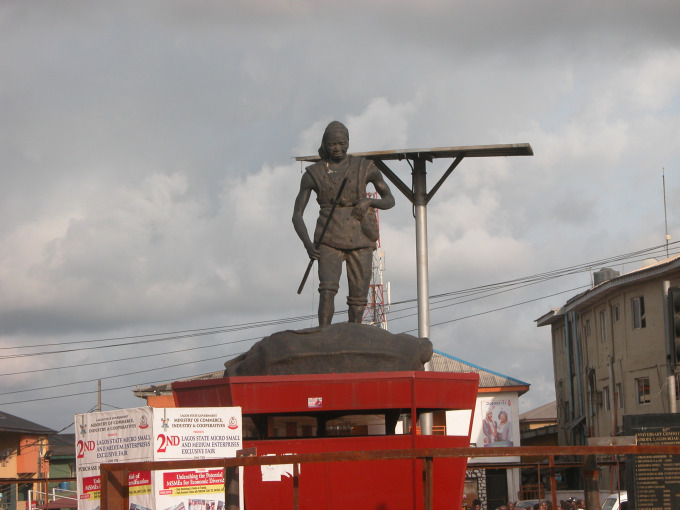In Nigeria, there is not a state that best exemplifies the core attributes of hustling and bustling than Lagos. It is a place of boiling blood and endless sweat. Like Lagos, Ikorodu, a suburb of this so-called megacity flaunts this feistiness, which, oftentimes, results in unruly rowdiness. Although for one to appreciate the sense in this statement, one may need to take a short journey from Agric, aka family bus stop, to Ikorodu garage.
A journey down the route, which could be either done by car or on foot, would lay bare some of these anomalies which have become a normal way of life among the road users. Though a bustling hive of activities, family bus stop is a hotspot of commercial activity for small scale entrepreneurs who sell their commodities to unmindful patrons. At the expense of pedestrians, the sidewalks have been turned into a permanent place for buying and selling which often brings about road congestion.
In perpetual collaboration with the disorderliness that pervades the road are the traffic wardens who are usually dressed in charming paramilitary uniforms. Truly, they appear to be on the ground doing their jobs of controlling traffic, but in reality, their presence is almost nonexistent as buses, cars, bikes find it difficult to ply the road with ease. To display their passive attitude towards work, they recoil into their booth when the traffic situation is out of control.
However, at a place I often call somewhere before Benson bus stop, there is a semblance of serenity that welcomes one. Unlike the go slow trouble and road congestion for which Agric is known, it is known for being hitch-free and orderly. Nevertheless, a close look into these twin distinct features that define the road, would present the eyes with a ploy to deliver road users into the hands of the hellish situation that lays ahead.
At Ikorodu garage, lawlessness reigns supreme as bike men are always in constant tussle with authority for parking on the wrong side of the road. Furthermore, without the construction of an overhead bridge to help ease vehicular movement, the garage has become a permanent dwelling place to gridlock. Not to mention that the ongoing road construction further complicates the situation.
All of these beg the question, will residents of Agric and its environs be able to free themselves from that life of struggle and suffering? I believe that the answer to that question lies in the womb of the dysfunctional commercial city from which Ikorodu emerged.

